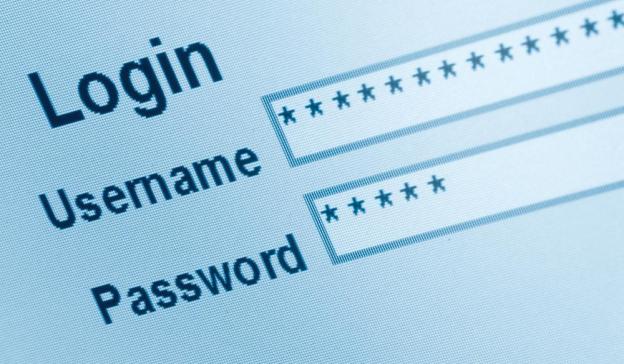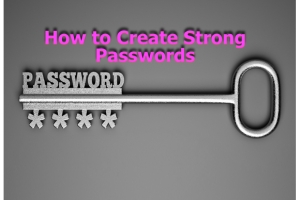As more and more aspects of our lives are going online our internet security is becoming increasingly important. It’s no longer ok to have the word ‘Password’ for a password or to have the same password for everything, so what are we to do?
Firstly, what not to do
We post so much personal information online via Social Media or have information about ourselves held by others, some publicly available on mediums such as the electoral role that using any word or name that is related to you such as your son, daughter or even pets names are easy pickings for hackers, even if you add a number to the end.
Never use the word ‘Password’ or simple combinations like ‘qwerty123’ or ‘abcd123’. The shorter the password, the easier it is to crack. The average home PC is capable of being programmed to crack a 6 character password in a under an hour, 8 characters would take 24 hours, 10 is apparently about a month.
You need to come up with strong passwords
What is a Strong Password – A strong password contains at least 8 characters and should contain both UPPER and lower case letters and numbers.
A Superstrong Password is as above but with at least 10 characters and could also include special characters such as ‘!*&{@’ but not all systems allow these.
Here are some tips for coming up with a secure password which is still memorable.
Think of 2 or more words, convert the first word to all lower case and the second to Uppercase or vice versa. Then convert certain letters to numbers for example:
- I or i becomes 1
- E becomes 3
- g becomes 9
- o or O becomes 0
- B becomes 8
- S becomes 5
- and becomes &
- at or a becomes @
Examples in use:
- Happy Chappie – h@ppyCH@PP13
- Foolish Password – f001!5Hp@55WORD
- Off Down The Pub – 0ffD0wnTH3pu8
- Strong and Secure – 5tr0n9&53CUR3
This works best if you choose words that have meaning to you.
Try not to re-use passwords – its ok to do this on unimportant sites such as forums but not for online shopping or banking.
Final Point
It is vitally important that you NEVER EVER use your email account password anywhere other than on your email account. Alot of sites automatically use your email address as your username. If you then use the same password as you do for your email and that site is hacked, the first thing a hacker will do is hack into your email account and then try all the other sites you use with that email address and the first site they will try is your Paypal and other bank accounts where they can get something out of you.
Stay safe.
Acknowledgements and credit for content to S Watts of Siwis Ltd


